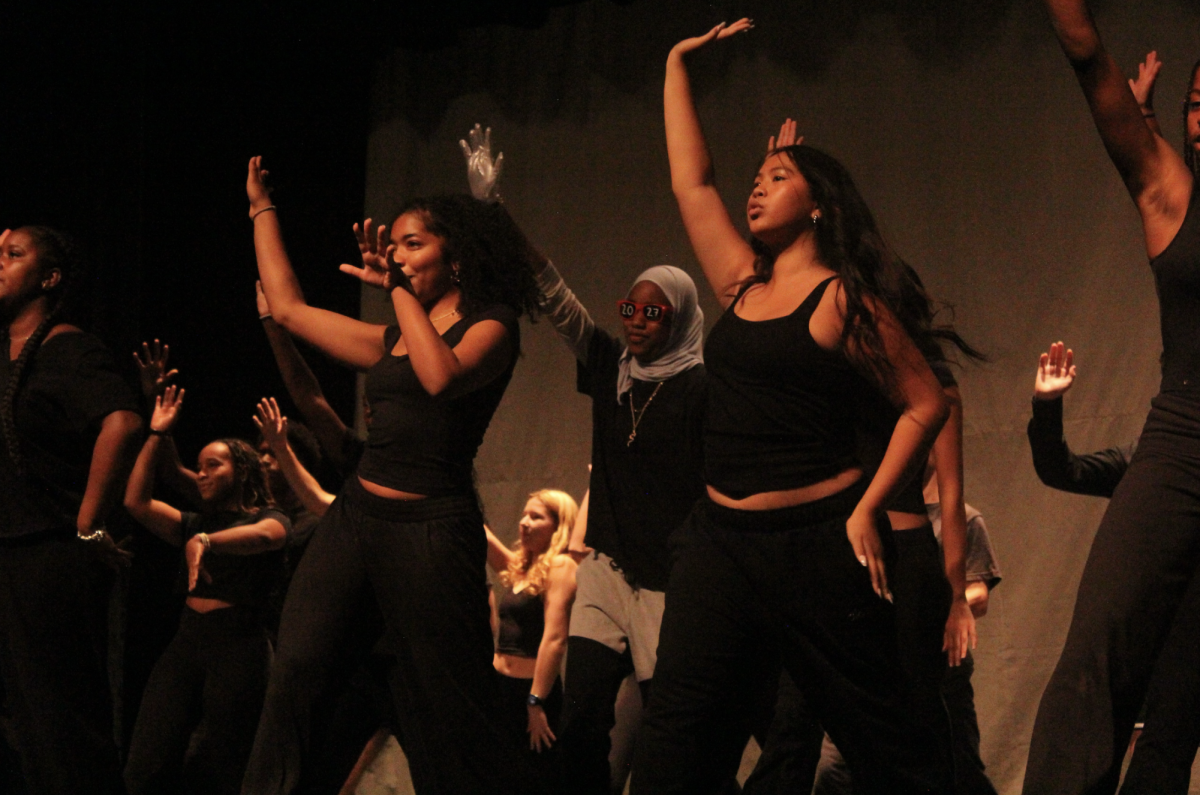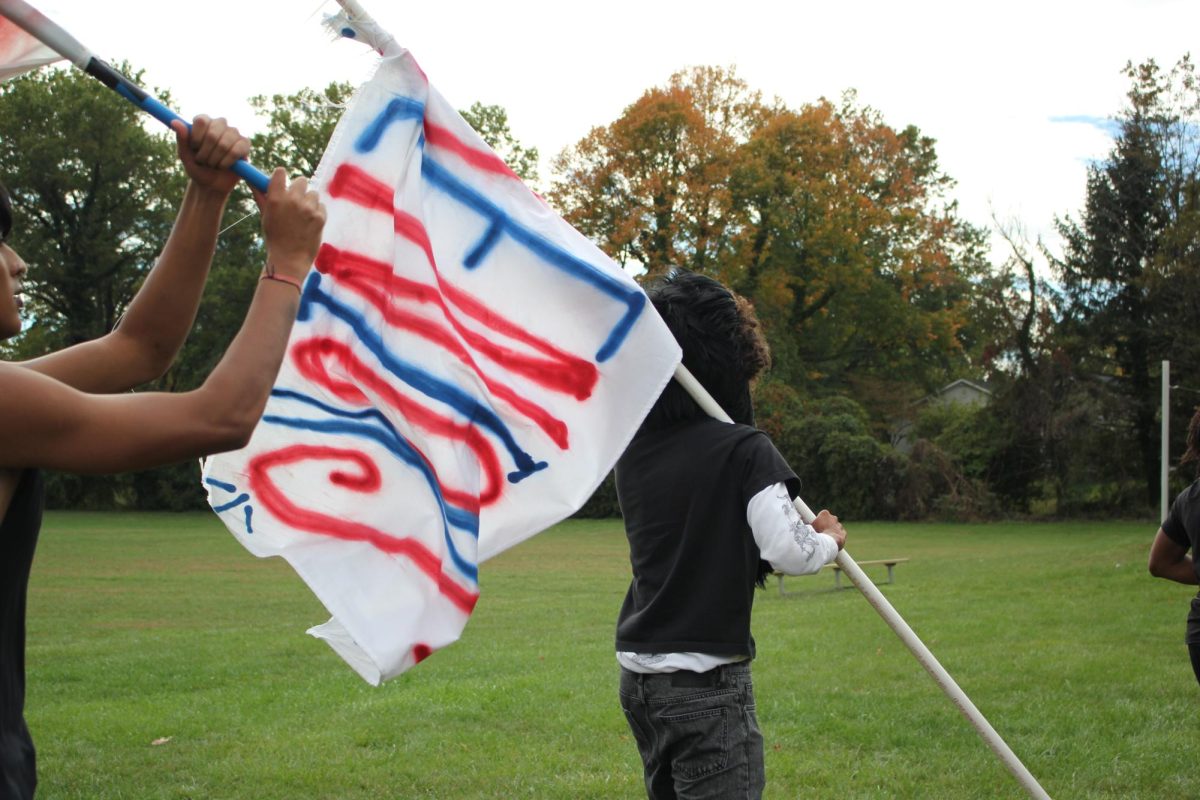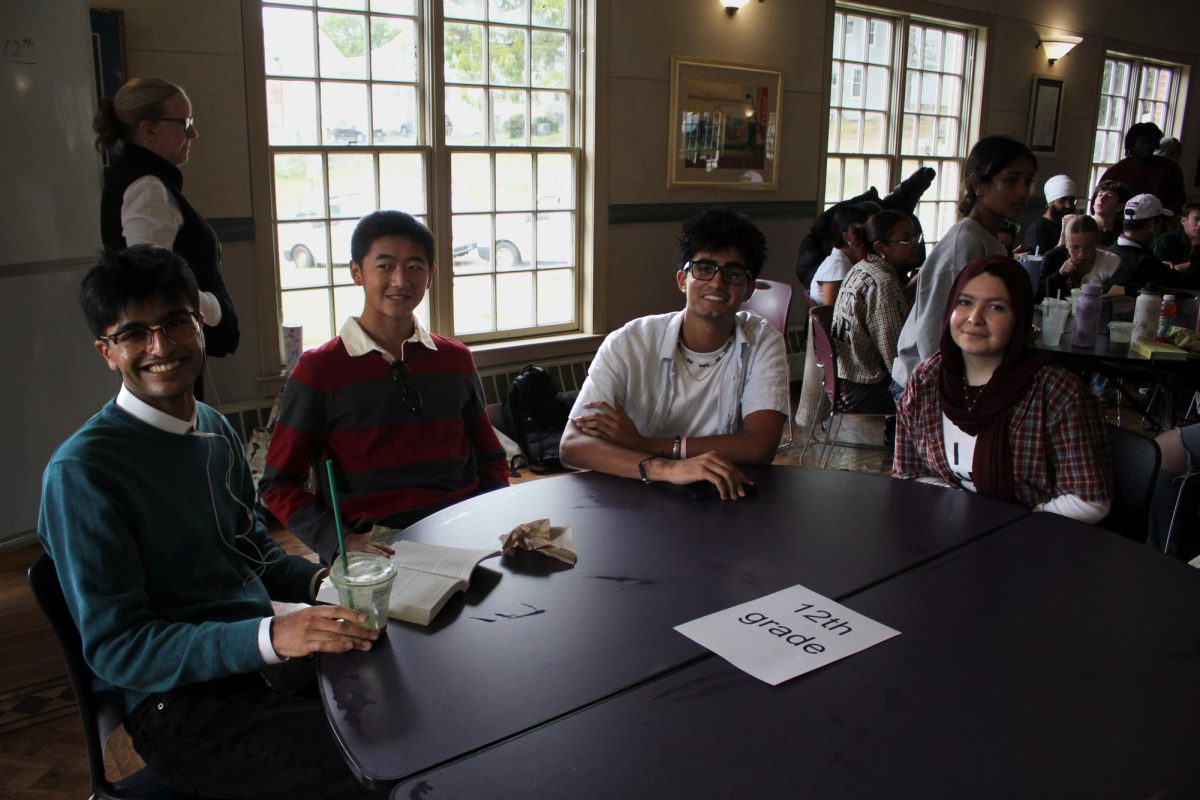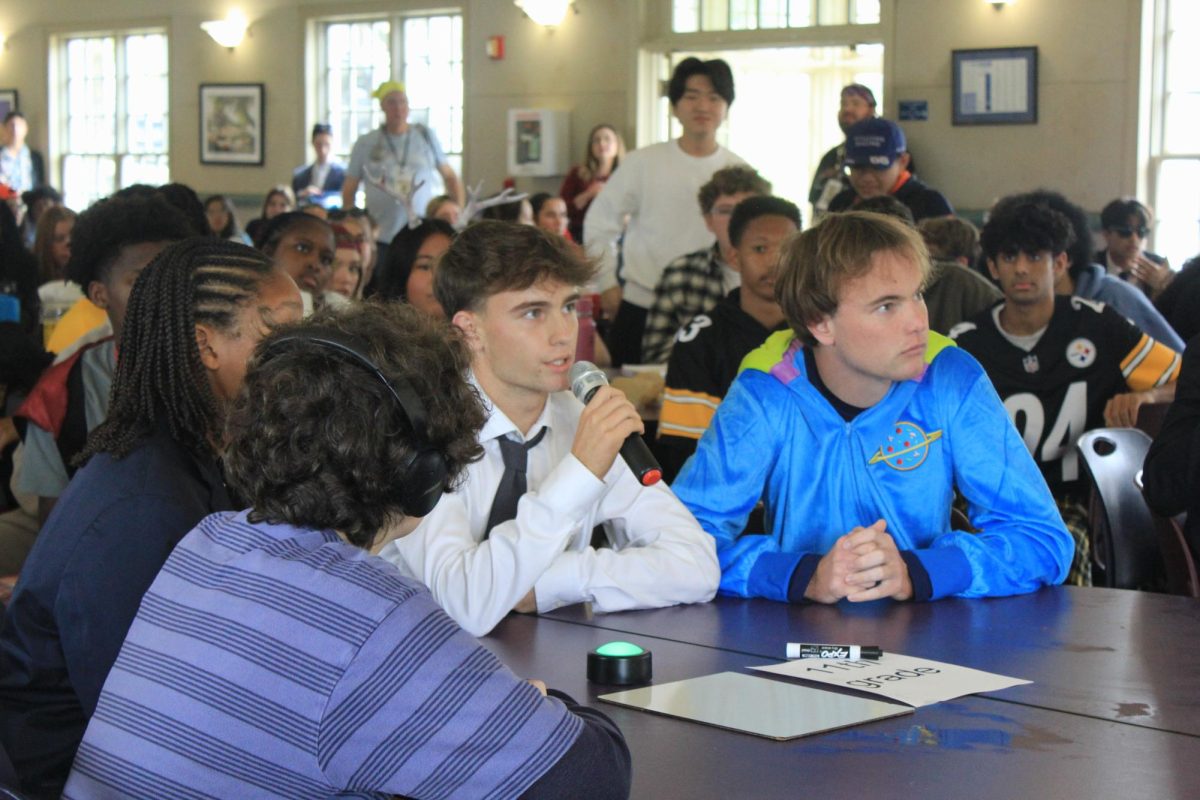Tragic. Unjust. Race. Death.
Those were just a few of the words floating around the MacColl Room on Friday, October 3rd, during the Diversity Committee’s roundtable discussion of the events in Ferguson, Missouri.
The discussion began with a brief overview of the tragedy, including both its context and its consequences. To recap, Michael Brown, an eighteen year-old black male living in Ferguson, was shot and killed by police officer Darren Wilson. This shooting, and the racial injustice many perceived to be its motivation, led to widespread protests, civil unrest, and riots that were harshly put down by a shockingly militarized police force.
While other racially significant acts of violence have shaken our nation recently, specifically the deaths of Trayvon Martin and Jordan Davis at the hands of George Zimmerman and Michael Dunn respectively, Brown’s death is especially significant because he died at the hands of a police officer. As senior Adalberto Rosado explained, “In minority communities, police are often viewed as enemies rather than sources of help. That is very sad indeed. Minorities almost expect white cops to treat them as less than human.” Students discussed the impactful words of a seven year-old black girl who claimed to be afraid to go outside for fear that the police would hurt her.
Although several teachers sat in on the discussion of the tragedy, it was MFS students who really discussed the tough issues. A major talking point was that of two different donation funds, one to support Michael Brown’s family and one to support Officer Wilson, Wilson’s fund received far more money, a fact that caused audible disgust in the room.
Another major issue was the way the media handled the tragedy and the subsequent riots. As Rosado noted, “The media wasn’t allowed in the area at all at first, because the police didn’t want anyone to see their actions, so there is very little video evidence of the protests.” One student noted that of the few photographs that were leaked, the images of police brutality bear a shocking resemblance to those of the Civil Rights era protests, except that these new images are in color, and show a police force with more militarized weaponry and tactics than ever.
The media’s posthumous portrayal of Michael Brown himself was also a matter of contention. Junior Katie Gregory said, “Mike Brown’s mother didn’t like the pictures of her son released by the media. I found it very powerful that she had to release pictures of her son to show that he was actually a really nice guy who didn’t in any way deserve what happened to him.”
The Ferguson affair is not over yet, with a grand jury still deliberating over Officer Wilson’s responsibility for Brown’s death, and the aftermath of this tragedy continues to affect people’s lives throughout both the MFS community and our nation as a whole. The Diversity Committee has not yet decided whether to continue this discussion in another meeting, but if they decide to do so, the details of time and location will be made available to anyone wishing to attend.









